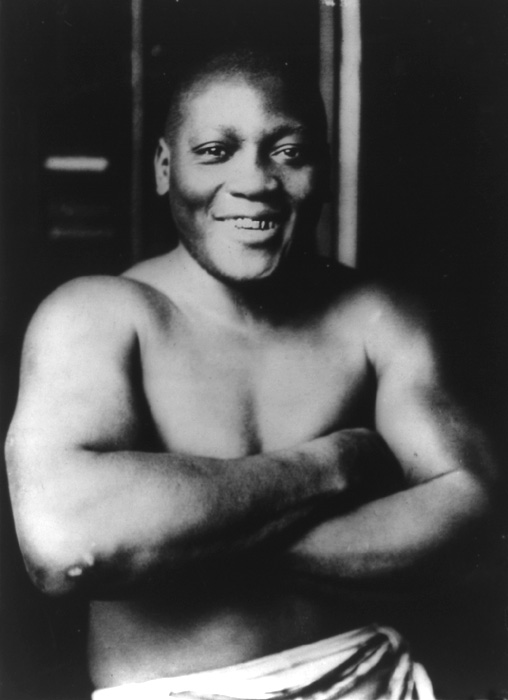Stephen Hawking
I am now ready to return to the project of building a moral code for all of humanity, one that moves past the moral relativism that has paralyzed our efforts in moral philosophy in the West for so long.
A first major principle that I think all humans are eventually going to have to learn, absorb, and come to put into practice unconsciously is the one that tells us all humans are equally valuable and worthy of respect. Every human being has rights that are on a par with those of every other human being.

American courtroom (Colorado)
What this abstract principle will mean in practice is that, because people are individuals with varied talents and tastes, we are going to have to accept in our day-to-day activities, people who look, act, talk, dress, and so on in ways that are different from what we're used to. At least for a generation or so. Then all citizens will gradually come, not to one set of mores and customs and ways of talking, but rather to a way of thinking that is used to a whole constellation of looks, behaviors, speech patterns, modes of dress, and so on. So much so that no one notices superficial things anymore.
Out of pluralism will come variety. Variety will prove valuable to our society over the long haul because it will give us the resilience to react effectively to the uncertainties that are built not so much into human societies, but into the fabric of reality itself. Life is full of rude awakenings, not because some people in society put them there but because the universe itself does. A community has better chances of handling the rude awakenings if it contains a lot of different kinds of people.
History shows that many of a society's best contributions come from "different" people. Einstein was a Jew, a small minority in Germany at the time, who ate, dressed, worshiped, and partied in ways different than the rest of the German population. Alan Turing was a homosexual, as was Tchaikovsky. Stephen Hawking has ALS. Steve Jobs was the son of a Syrian immigrant. Joe Louis was black, as were George Washington Carver, Ralph Bunche, James Baldwin, Marion Anderson, Jack Johnson, and so on. Beethoven was a grumpy loner for much of his life. Wagner was so self-centered that, nowadays, reading about how he really acted is uncomfortable and embarrassing. Kant was a sickly old man long before he was old. Marx was a poverty-stricken German Jew living and writing in London for much of his life.

Jack Johnson, world heavyweight boxing champion, 1908 - 1915
By this time, I hope I'm boring you. I should be. The point is that these traits attached to these people's identities just don't matter. All that matters to human history is that they did things that made a difference and moved society forward.
So I'll close by reiterating one of my main points one more time. If you are the kind of person who is made uncomfortable by ambiguity and variety, you had better start working now on getting over it. Learn to love your neighbor, not in spite of his or her quirky ways or looks or manners of speech, but because of those very idiosyncracies. One day one of those very quirky ways could save you and everyone you hold dear.
James Baldwin
Have a nice, lovingly tolerant day.
No comments:
Post a Comment
What are your thoughts now? Comment and I will reply. I promise.